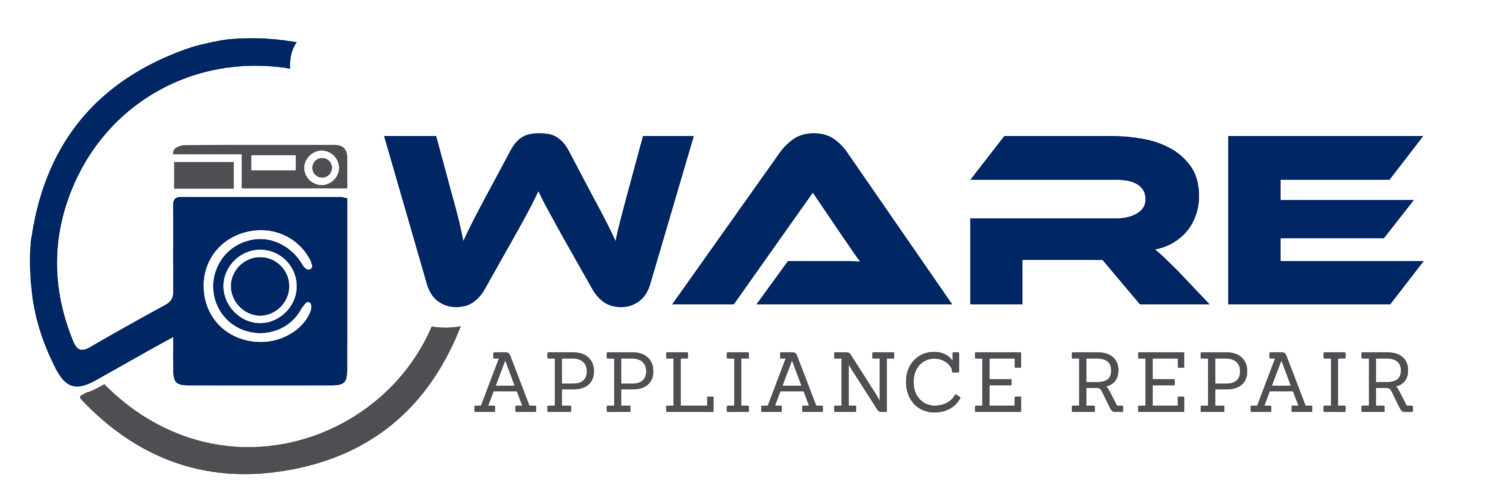Appliance Safety Tips
The appliances inside of a house make your life less stressful, but if you operate them unsafely, they might produce noticeable health risks. You should care for your appliances and make sure they will not turn into dangers by adhering to these household appliance safety recommendations from Ware Appliance Repair.
The tips in this post will help prevent fires and injuries from home appliances. Even still, hazards could still occur. In the event an appliance breaks or begins to malfunction and becomes a danger, call a professional appliance repair CITY.
GFCI Outlets in Wet Locations in Your Home
Kitchens, laundry rooms, bathrooms, basements, garages and outdoor areas are susceptible to wetness or water. As you are well aware, electricity and water do not go together, that means power cords should always be plugged into GFCI outlets.
This prevents electrocution by tripping the circuit if any imbalances in power arise.
If you don’t already have GFCI outlets in wet areas inside and around your house, now is the time to install them or call an electrician in CITY. After that, for further safety measures, heed the warnings of certain appliance manuals that note that a household appliance is not meant for outdoor areas.
Wires, Outlets & Electronics Away From Water
Quite a few home appliances are manufactured for outdoor use, such as barbecue grills. If you use any electrical appliances outdoors – including dishwashers, refrigerators, freezers and ice makers, power tools and more – monitor that all of the outlets and cords are 100% dry. Weatherproof electronics will help, as do GFCI outlets with gaskets that are water-tight.
Extension Cords are Only a Momentary Answer
An extension cord poses several noticeable risks, this includes:
The likelihood of loose connections that sometimes can result in sparks and start a fire.
The chance of power inconsistencies that can break the appliance.
Increased susceptibility to water penetration that might cause electrocution.
The chance of wires overheating and turning into a fire hazard when an low-quality extension cord is combined with a high-power appliance.
When determining an extension cord for temporary use, ensure it is the correct gauge for the electrical appliance in question. The lower the gauge, the bigger the wire size. For example, a simple electrical extension cord for a radio might have a 16-gauge cord while a longer cord for a window air conditioner uses a 12-gauge wire.
The length is also a factor. The longer the extension cord is, the more power is lost on the way, a phenomenon referred to as voltage drop. Short extension cords are advised for electric tools and similar equipment.
Always Be Sure to Read the Manual for Any Type of Appliance You Buy
It’s simple to guess that you know how to use your new dishwasher or washing machine without consulting the operating manual, but consulting the instructions is necessary for many reasons:
You will want to find out if your house’s wiring is sufficient to power the new appliance. You might have to install a better circuit to prevent overloading your existing ones.
You learn about advanced features you wouldn’t have otherwise have known.
You understand whether the appliance is OK for outdoor use or not.
You do not have the frustration that can come from attempting to run a new appliance with no instructions!
Unplug Small Appliances in Your Home When Not in Use
You can limit unnecessary energy usage by unplugging appliances when not in use. This is because small appliances include LED lights, clocks and other energy-consuming features during standby times.
Unplug monitors, TVs, printers, modems, internet routers, video game consoles, smart phone chargers and more to reduce unnecessary energy use. But remember, it is worthwhile to keep DVRs and similar devices plugged in to prevent missing out on their background features.
For extra tips on ways to use home appliances safely, or to hire a local appliance repair service, please contact Ware Appliance Repair. Our technicians can repair all name brand home appliances!
OTHER RESOURCES:
Appliance Repair Cost
DIY Appliance Repair Tips
Repair or Replace Appliances
Refrigerator Parts
Home Services Campaign Disclaimer: This site is a free service to assist homeowners in connecting with local service providers. All contractors/providers are independent and this site does not warrant or guarantee any work performed. It is the responsibility of the homeowner to verify that the hired contractor furnishes the necessary license and insurance required for the work being performed. All persons depicted in a photo or video are actors or models and not contractors listed on this site.
Copyright ©2025 | Ware Appliance Repair
